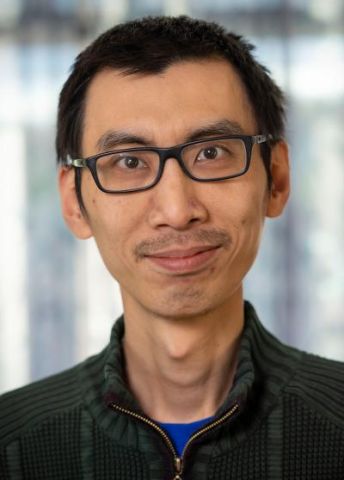
Program for mathematics 2022
Grant to recruit an international researcher
for a postdoctoral position
Associate professor Jian Qiu
Department of Mathematics, Uppsala University
Grant to recruit an international researcher
for a postdoctoral position
Associate professor Jian Qiu
Department of Mathematics, Uppsala University
Tricky knots get their solution
Associate professor Jian Qiu will receive funding from the Knut and Alice Wallenberg Foundation to recruit an international researcher for a postdoctoral position at the Department of Mathematics, Uppsala University.
Anyone with any experience of knots understands the difficulty of determining whether what looks like a snarl can be untangled without using scissors. Knot theory tackles these types of questions using rigorous mathematical methods. There is an infinite number of different knots, and one of the great challenges of knot theory is finding new methods for differentiating between them.
Two knots are considered alike if one can be deformed into the other without the knot needing to be cut. Here, an important tool is calculating knot invariants, which provide a rapid way of differentiating between knots: if two knots have different invariants, they must be different. However, the opposite does not usually apply – two different knots can have the same invariants. Therefore, to be able to distinguish as many knots as possible, new methods are needed to find more and more refined knot invariants.
The proposed project aims to construct knot invariants in an entirely new way, by bringing together two research areas – knot theory and algebraic geometry – which traditionally lie far apart. Despite major differences in their approaches and techniques, the interaction of these two areas has already proven very promising and led to knot invariants of an entirely new character.
Modern knot theory is of interest even beyond fundamental mathematical research and, in recent decades, has developed in close cooperation with theoretical physics’ studies of supersymmetry and string theory. Knots and their invariants have also become a tool in applied mathematics, where chemists and biologists use them to understand the properties of symmetry in chemical molecules, for example, or how proteins are formed.